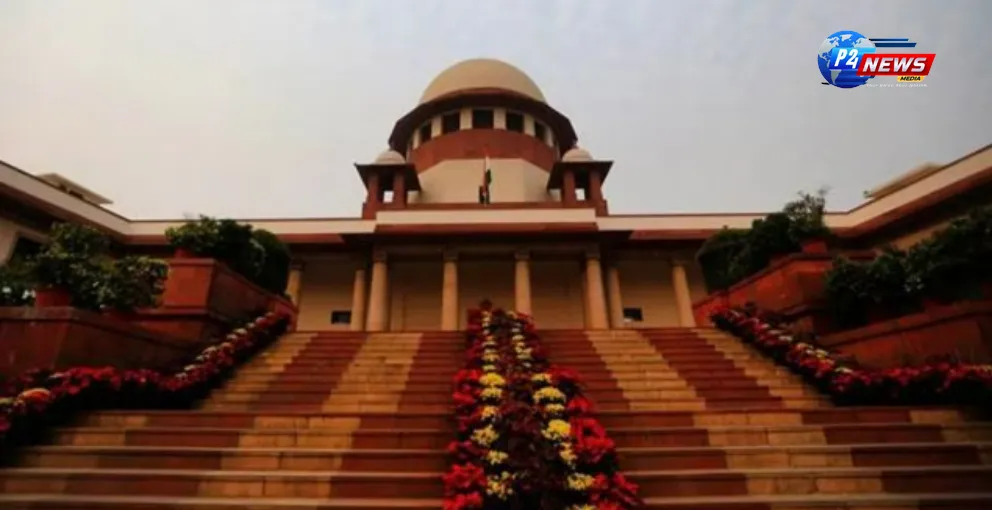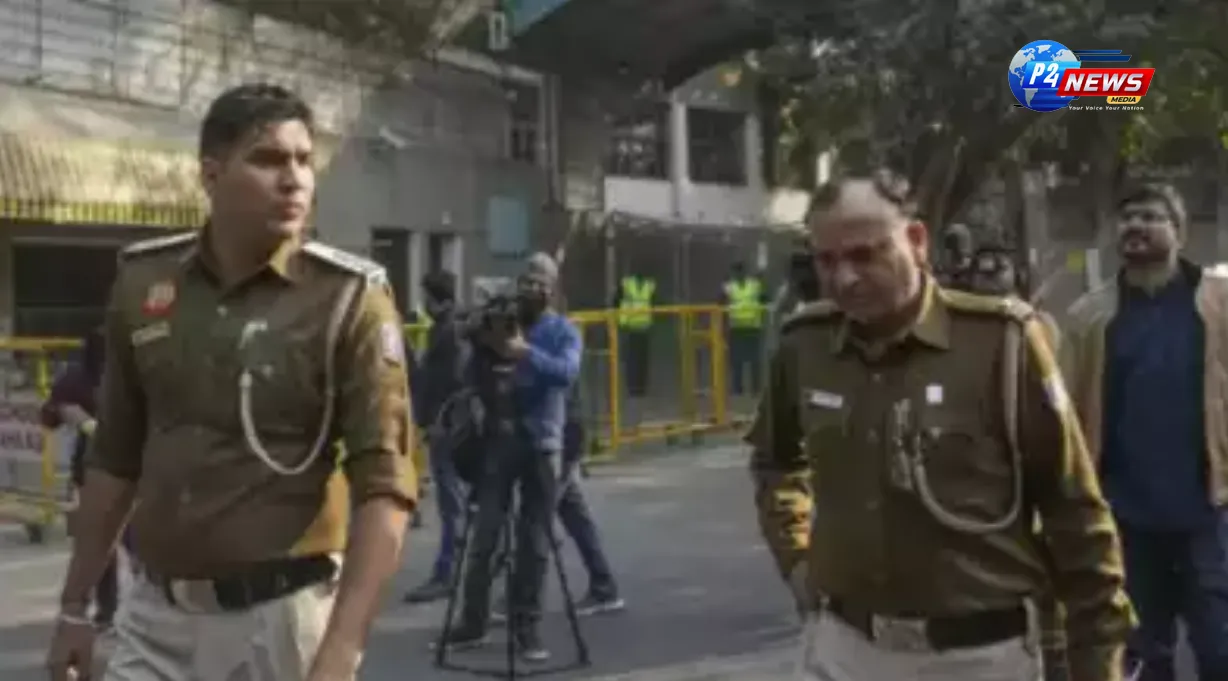A five-judge bench comprising Justices B R Gavai, Surya Kant, B V Nagarathna, P S Narasimha, and Dipankar Datta reviewed petitions in chamber, concluding there was no evident error in the majority opinion by retired Justice S Ravindra Bhat from the 2023 ruling.
The Supreme Court has concluded its consideration of petitions that aimed to review its decision from October 17, 2023, which had denied legal recognition for same-sex marriages. A five-judge panel, comprising Justices B R Gavai, Surya Kant, B V Nagarathna, P S Narasimha, and Dipankar Datta, examined the petitions in a chamber setting and determined that there were no evident errors in the prior ruling, which was primarily composed by Justice (retired) S Ravindra Bhat.
In the earlier decision, a five-judge bench including former Chief Justice D Y Chandrachud, Justices Sanjay Kishan Kaul, S Ravindra Bhat, Hima Kohli, and P S Narasimha, issued four separate opinions and explicitly chose not to amend or nullify any parts of the Special Marriage Act, 1954. The court concluded that a marriage right is not an unconditional entitlement and indicated that same-sex couples cannot claim this as a constitutional right. The bench clearly stated that any change to recognize same-sex marriage would need to be addressed by Parliament and not through judicial revision.
On Thursday, in its dismissal of the review petitions, the justices remarked, “We have meticulously examined the judgments articulated by Hon’ble Mr S Ravindra Bhat (Former Judge) representing himself and Hon’ble Ms Justice Hima Kohli (Former Judge), along with the concurring opinion presented by one of us (Hon’ble Mr Justice Pamidighantam Sri Narasimha), which constitutes the majority perspective. We do not detect any apparent error in the record. Additionally, we believe that the viewpoints expressed in the respective judgments align with the law, thus negating any need for interference. Consequently, the review petitions are rejected.”
In the previously mentioned ruling, CJI Chandrachud along with Justice (now retired) Kaul advocated for the recognition of civil unions but this viewpoint ended up being part of the minority opinion. CJI Chandrachud posited that the right to engage in a civil union or an enduring partnership could be traced to Part III of the Constitution, thereby placing a positive obligation on the State to recognize such relationships.
While acknowledging the absence of a fundamental right to marry, CJI Chandrachud remarked that there exists a right or liberty to enter into a union as established in various landmark rulings including Navtej Johar, K S Puttaswamy, NALSA, Shakti Vahini, and Shafin Jahan. He emphasized the importance of honoring individual choices regarding marriage, including the right to select a marital partner.
The petitions contesting the ruling claimed that the majority decision contained “errors apparent on the face of the record” and was both “self-contradictory and manifestly unjust.” They asserted that the majority’s conclusion was flawed because it acknowledged that the respondents (government authorities) were infringing on the petitioners’ fundamental rights through discrimination, yet failed to rectify this discrimination.
Many petitioners argued that the ruling disregarded the essence of marriage as an enforceable social contract, accessible to anyone capable of consenting. They contended that individuals of any belief, or none at all, should be allowed to enter into marriages, asserting that no group should be endowed with the authority to define marriage for others. They stressed that no contractual obligation or coercive state action, such as imprisonment, should impede an adult’s fundamental right to marry.
The petitioners maintained that the judgment “necessitates review because it dismissively ignores” prior court statements that essentially declare that the Constitution of India does not guarantee a fundamental right to marry or establish a civil union. They claimed that the ruling “effectively forces young queer individuals in India to remain concealed and live inauthentic lives if they wish to experience the fulfillment of forming a genuine family.” Furthermore, they found it erroneous to assert that without the recognition of a fundamental right to marry or form a union, the rights to equality, dignity, and fraternity fail to warrant judicial intervention.
















Comments 0